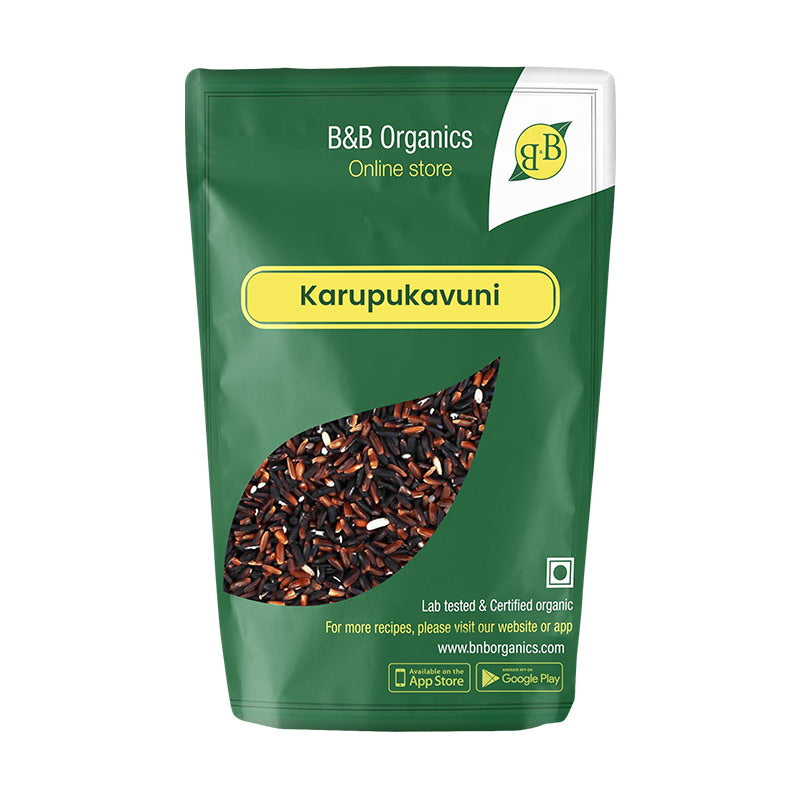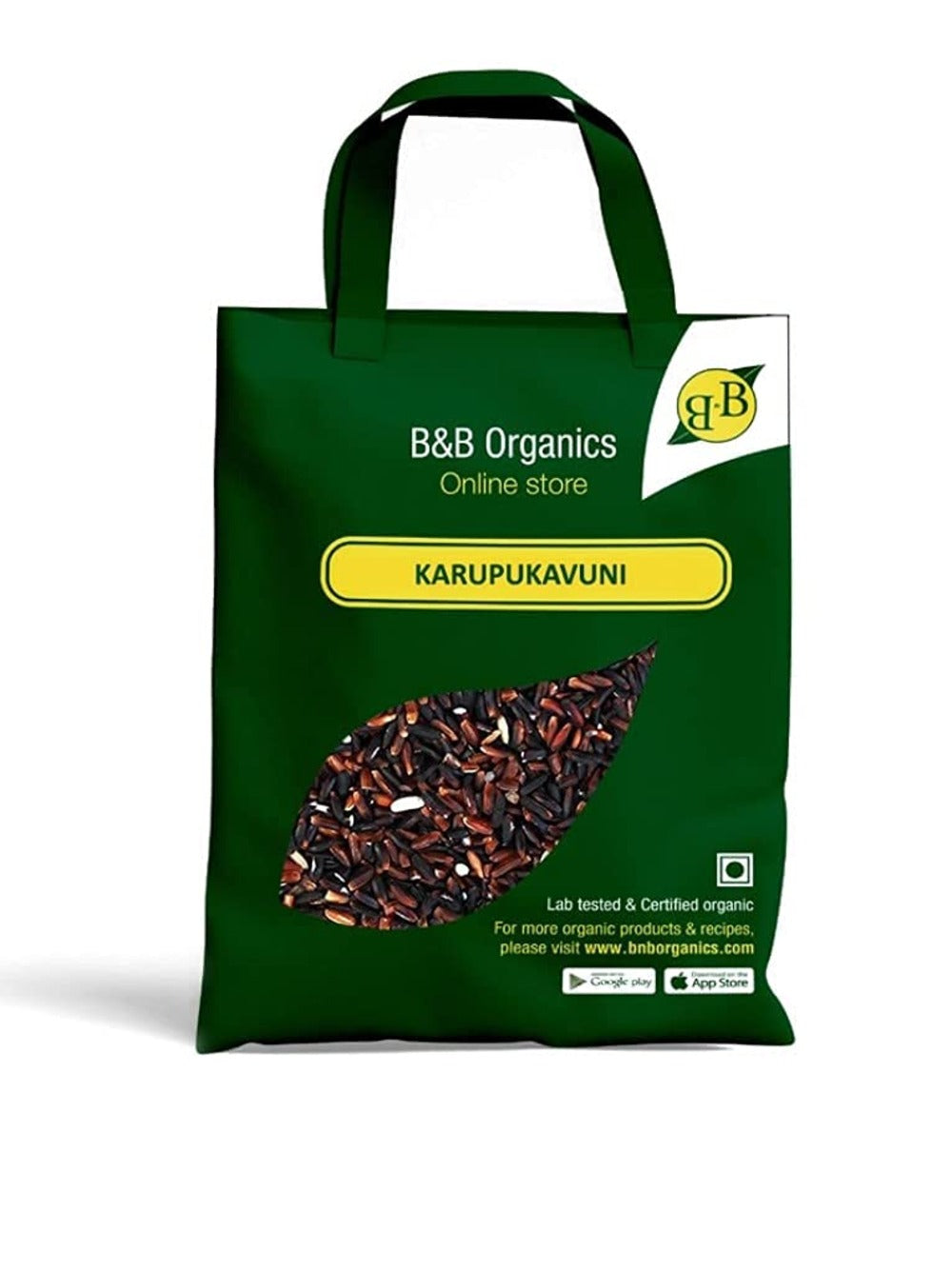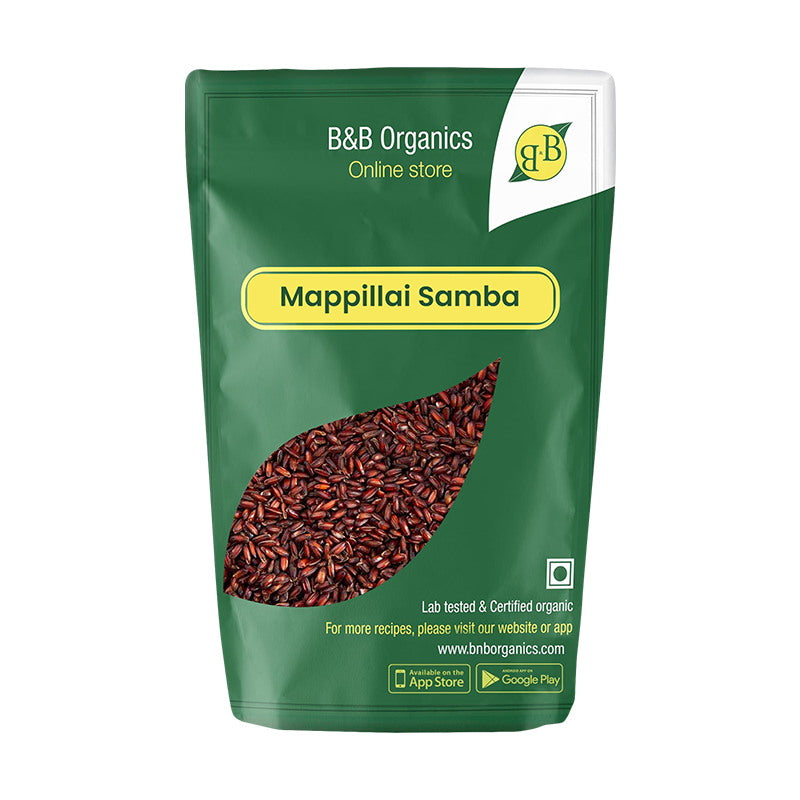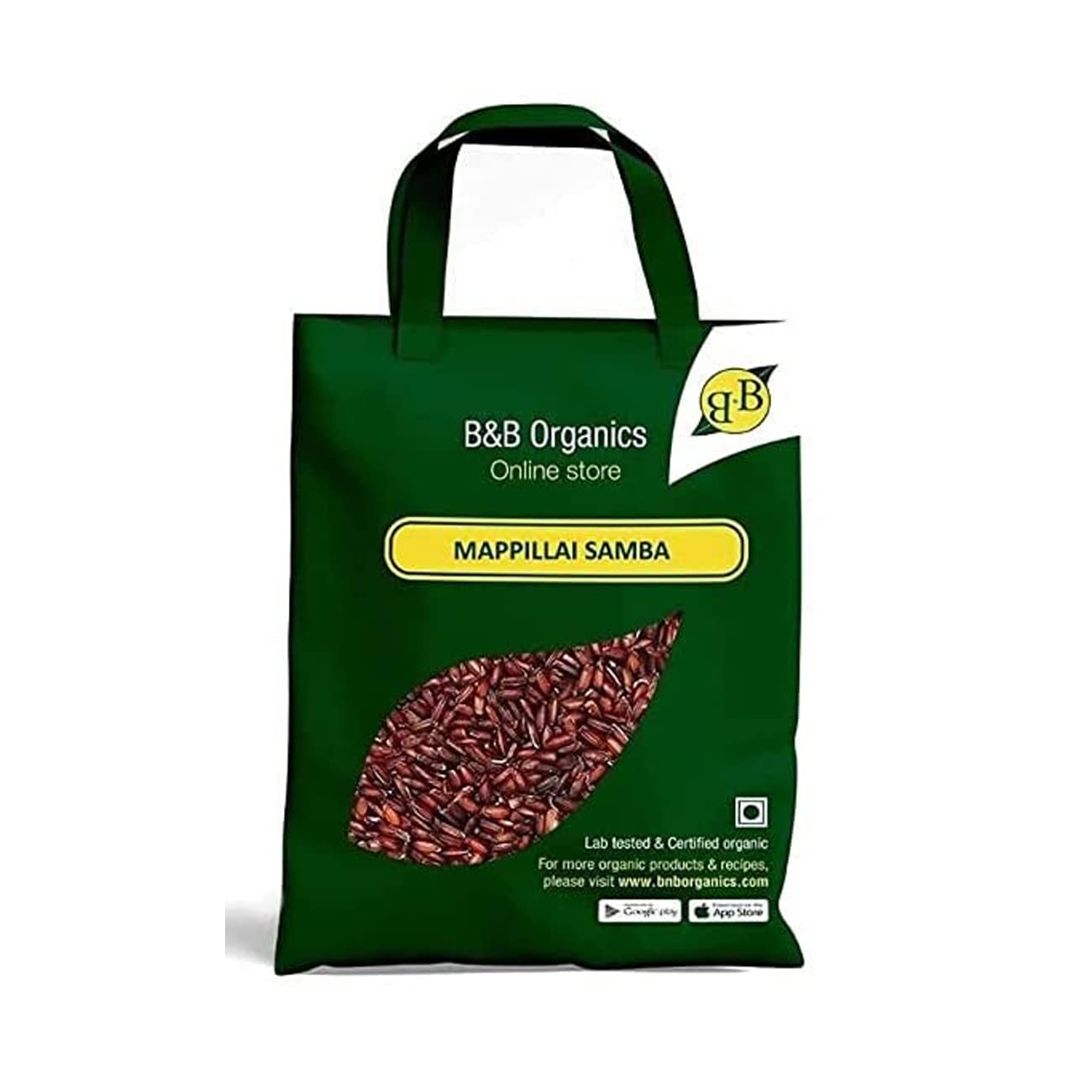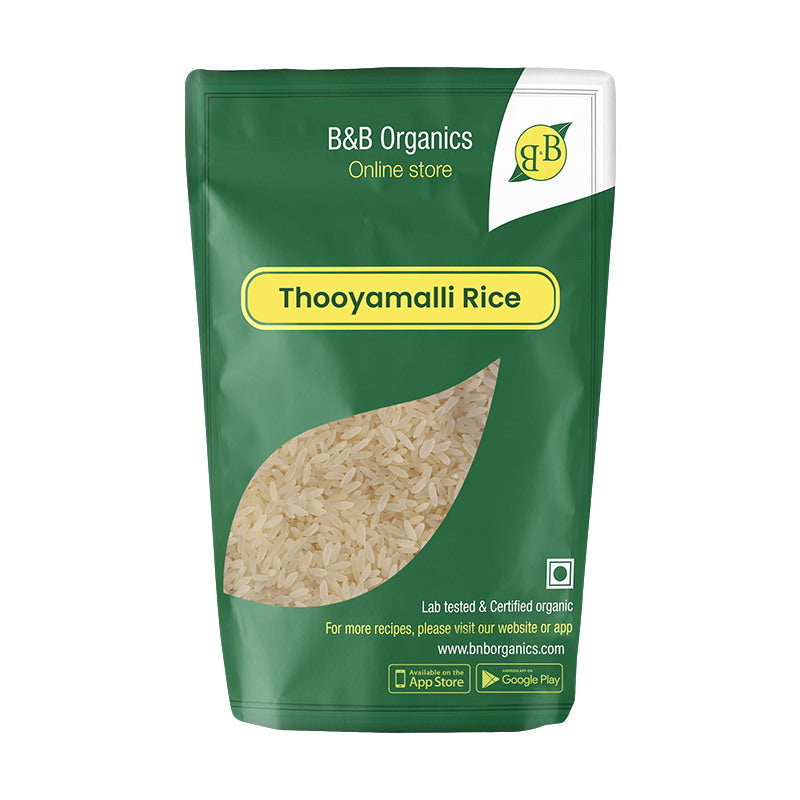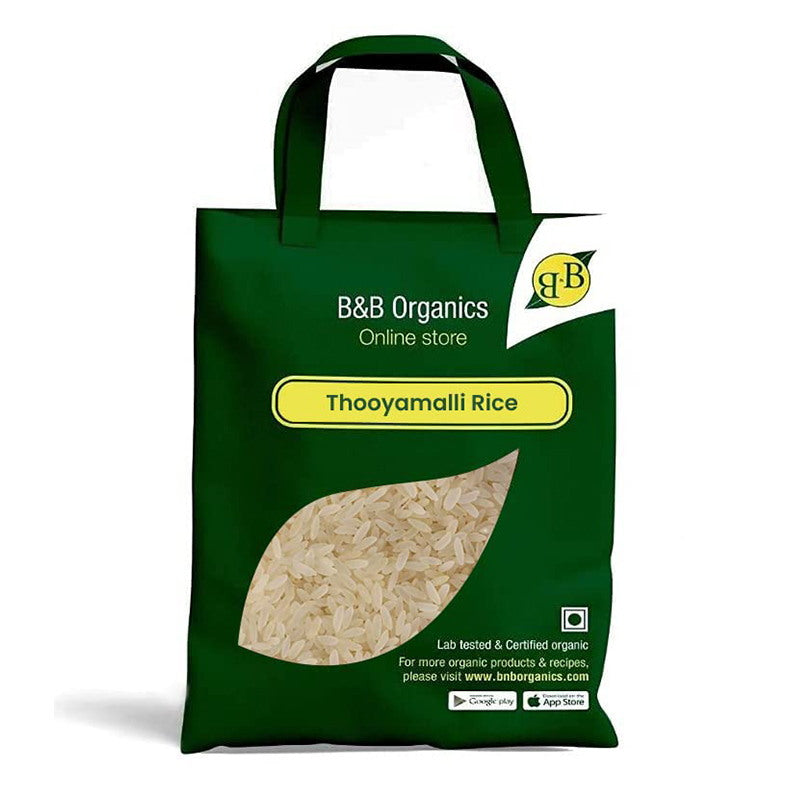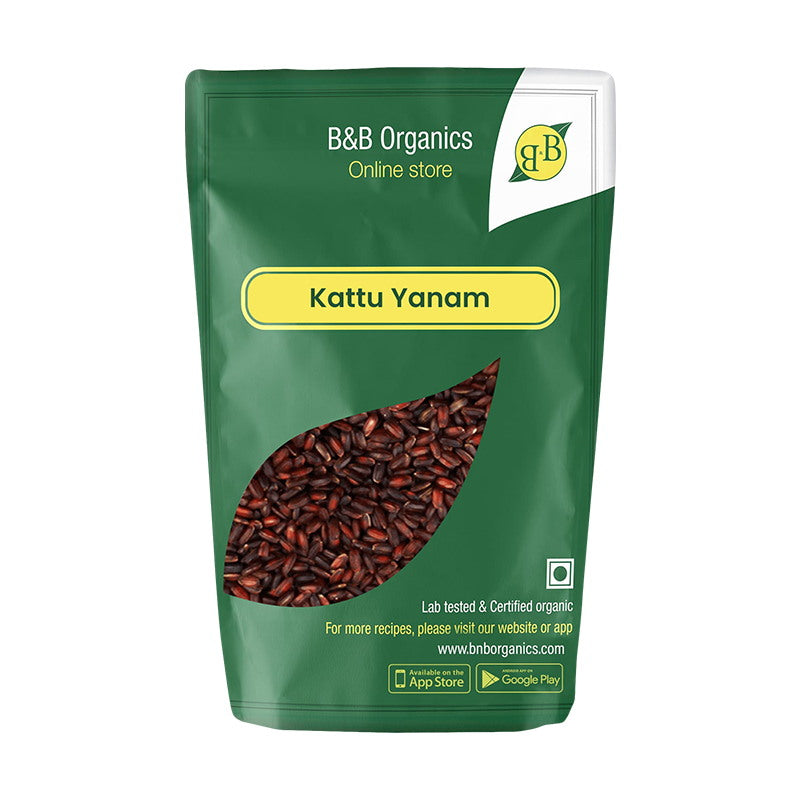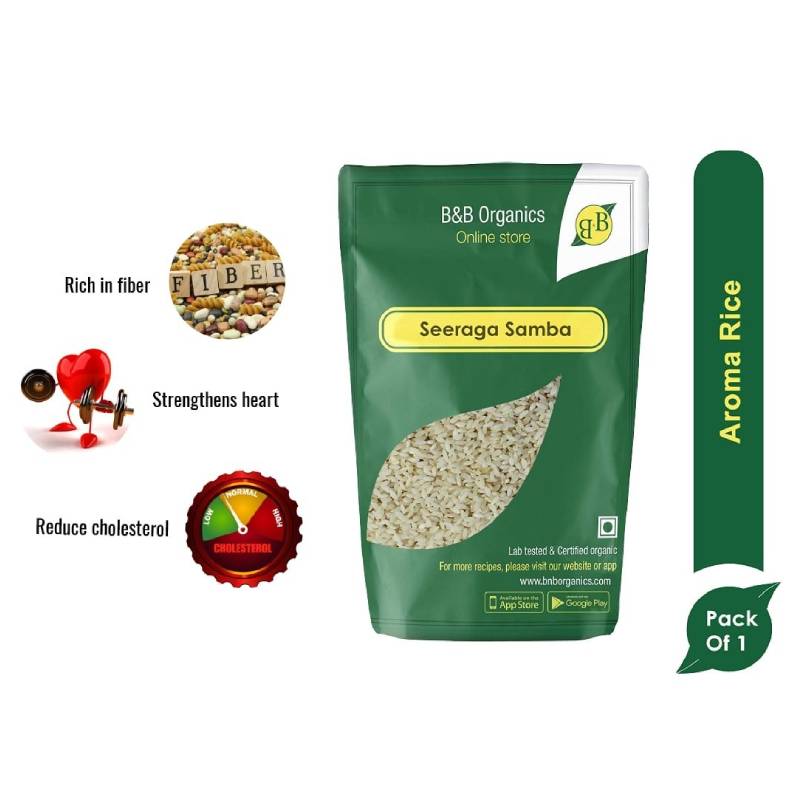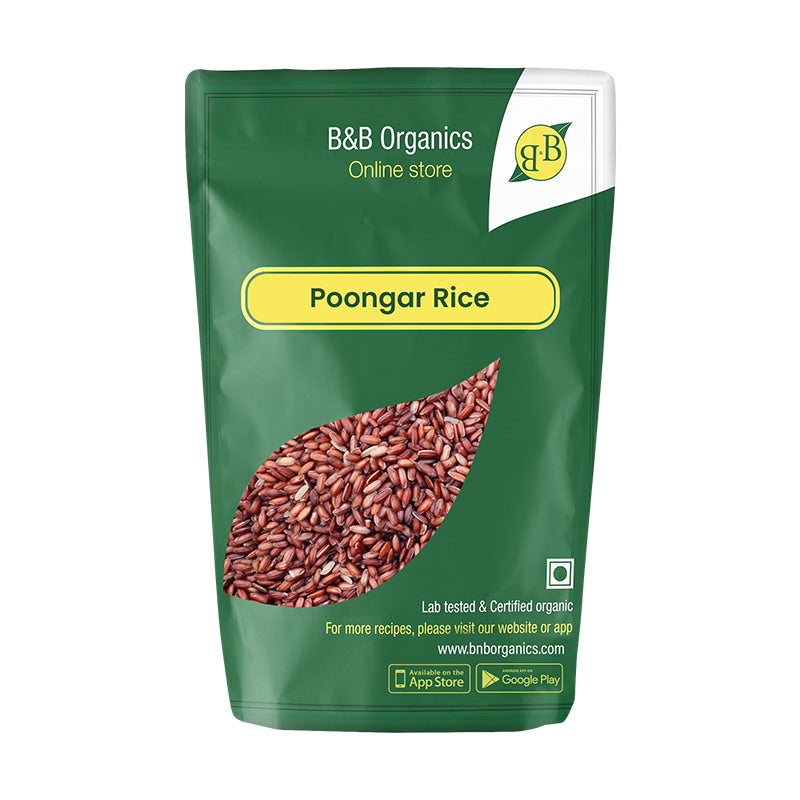It’s been a bit more challenging to practice zero-waste with the many essential distractions going on, but there are still many little sustainable switches you can make in your life that won’t be too overwhelming. According to National Geographic, a 2019 report found that in a span of 6 months, nearly 80 million Americans used at least one roll of plastic wrap. That’s a crazy amount of plastic waste coming out of one country alone!
If you happen to struggle with plastic in the kitchen, this post is for you! A few years back, I learned not to store food in plastic because of health, but it’s not only my health – the planet’s, too. Less disposable plastic is better for all of us!
At B&B Organics, we believe in living a sustainable lifestyle and making conscious choices for a better future. One area where we can make a significant impact is in our kitchen. In this blog post, we will share five sustainable food storage ways that will help you reduce waste and promote a zero kitchen waste lifestyle. Let's dive in!
1. Sustainable Food Wraps: Say Goodbye to Plastic Cling Wrap
Plastic cling wrap is a major contributor to single-use plastic waste. Instead of using plastic, consider switching to reusable food wraps. These wraps are made from 100% cotton infused with organic beeswax. The heat from your hands makes them pliable, allowing you to cover your leftovers with a superior seal. They come in various sizes, making them versatile for different types of food.
2. Glass Containers and Jars: Keep it Safe and Chemical-Free
Plastic containers can leach harmful chemicals into your food, especially when exposed to heat. By switching to glass containers and jars, you can eliminate the risk of chemical contamination. Look for containers with wooden lids for an added touch of sustainability. Glass containers are not only safer but also more durable and reusable.
3. Natural Fiber Bento Boxes: Perfect for On-the-Go
If you often take lunch to work or school, consider investing in natural fiber bento boxes. These eco-friendly boxes are made from rice paddy fiber material. They are microwave-safe and dishwasher-safe, making them convenient for everyday use. You can also use them to gather your leftovers when dining out instead of asking for a disposable box.
4. Silicone Lids: Stretchable and Reusable
Silicone lids are a great alternative to plastic wrap. They are stretchable, temperature-safe, microwave-safe, freezer-safe, and dishwasher-safe. These versatile lids can fit various sizes of containers, making them a practical choice for storing leftovers. By opting for silicone lids, you can reduce your reliance on single-use plastic and contribute to a greener planet.
5. Veggie Bags: Keeping Fruits and Vegetables Fresh
Veggie bags are not only useful for grocery shopping but also for storing fruits and vegetables at home. Look for breathable mesh bags made from sustainable materials. These bags allow airflow, preventing moisture buildup and extending the shelf life of your produce. You can even make your own veggie bags using scrap fabric for an eco-friendly DIY project.
By implementing these five sustainable food storage ways, you can significantly reduce your kitchen waste and contribute to a more sustainable lifestyle. Remember, every small change counts!
FAQs
1. Are reusable food wraps easy to clean?
Yes, reusable food wraps are easy to clean. Simply wash them with mild soap and cool water. Avoid using hot water as it can melt the beeswax coating. Air dry them after washing, and they will be ready to use again.
2. Can I use glass containers in the microwave?
Yes, glass containers are microwave-safe. However, it's essential to remove any metal lids or lids with wooden components before microwaving. Always check the manufacturer's instructions for specific guidelines.
3. How long do veggie bags keep fruits and vegetables fresh?
Veggie bags can help extend the shelf life of fruits and vegetables by allowing proper airflow. The exact duration depends on the type of produce and its freshness when stored. Generally, using veggie bags can help keep your fruits and vegetables fresh for a few extra days compared to traditional storage methods.



